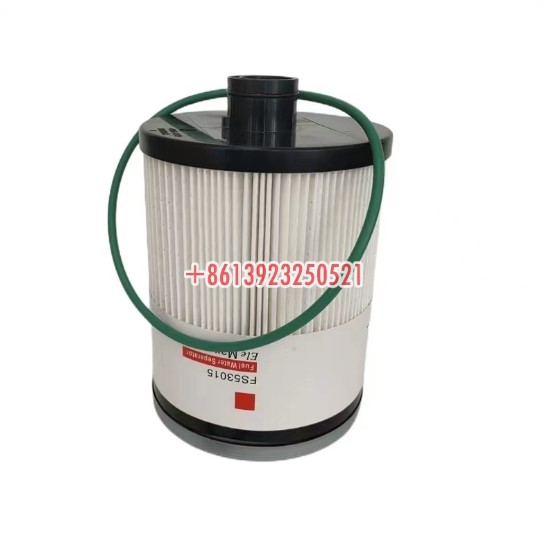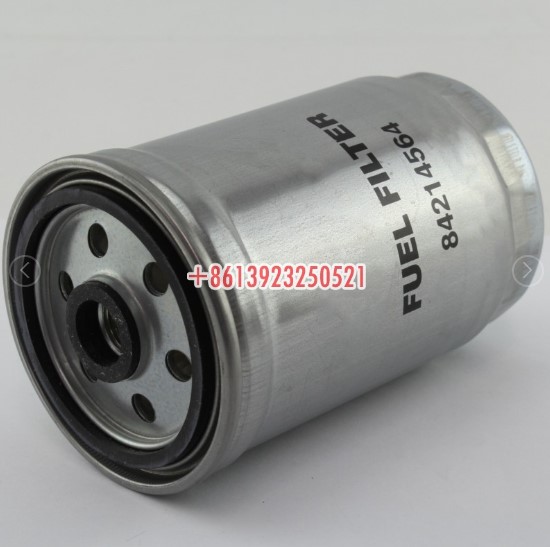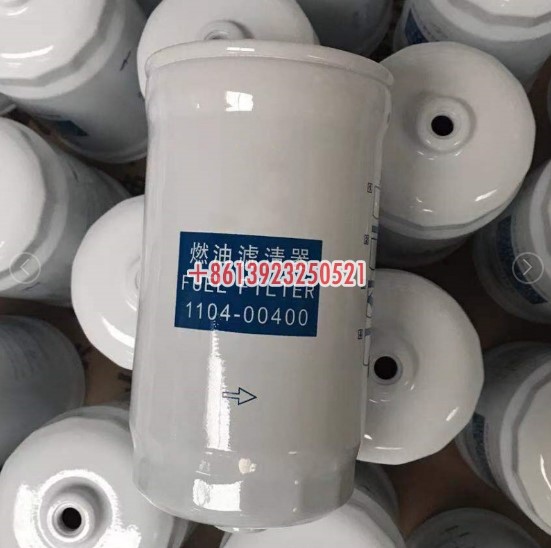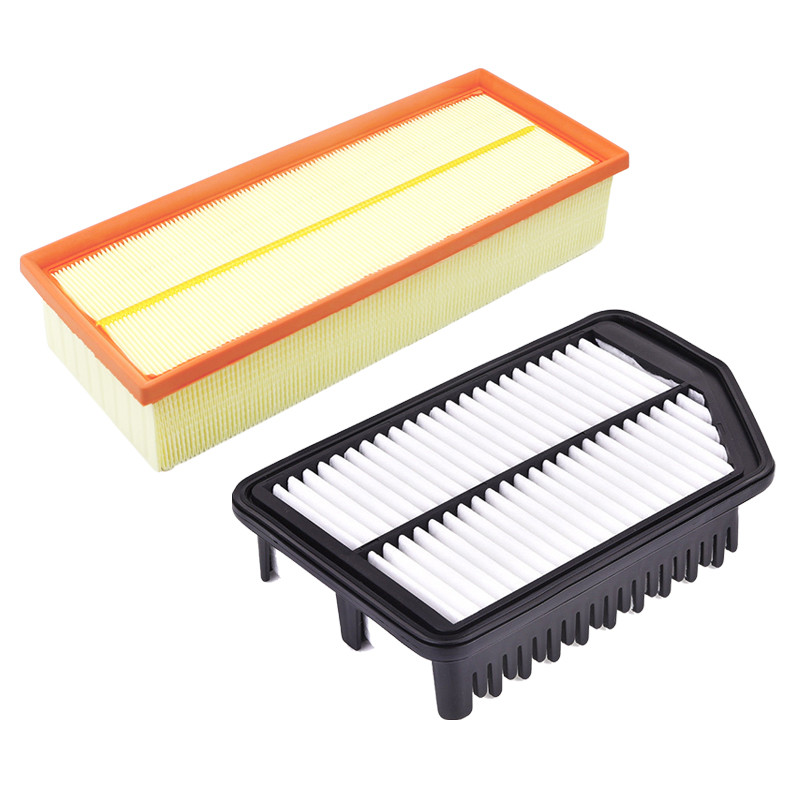Proper fuel filtration is critical in the automotive and industrial machinery industries to ensure smooth engine running and lifetime. Two components that play a vital role in this process are the fuel filter and the fuel water separator. While both help to purify the fuel supply, their aims and methods are not the same. In this article, we will explore the key differences between a fuel filter and a fuel water separator, helping you understand their importance and when to use each.
Purpose
Fuel Filter
A fuel filter is primarily designed to remove solid contaminants and particles from the fuel before it enters the engine. These contaminants can include dirt, rust, debris, and other particulate matter that might be present in the fuel supply. A fuel filter's principal purpose is to protect sensitive engine components such as fuel injectors and the fuel pump from harm caused by these particles.
Fuel Water Separator
A fuel water separator, as the name implies, removes water and emulsified water (water mixed with fuel) from the fuel system. Water can enter the fuel system through condensation in the fuel tank or as a result of poor fuel quality. A fuel water separator prevents this water from reaching the engine, which can lead to corrosion, reduced engine performance, and even engine damage.

Filtration Mechanism
Fuel Filter
Fuel filters use various filtration media, such as paper, synthetic materials, or metal screens, to physically trap and remove solid particles from the fuel. These materials have micron ratings that indicate the size of particles that they can efficiently collect. Depending on the application, common micron values for gasoline filters range from 2 to 30 microns.
Fuel Water Separator
Fuel water separators employ a different mechanism that relies on the difference in density between water and fuel. They use centrifugal force or coalescing elements to separate water droplets from the fuel. Water is collected in a separate chamber or discharged from the system after separation, ensuring that only pure fuel reaches the engine.
Placement
Fuel Filter
Fuel filters are often installed in the fuel delivery system, frequently near the fuel tank or along the fuel line before the gasoline reaches the engine. This placement ensures that any solid contaminants are filtered out before they can cause damage to engine components.

Fuel Water Separator
Fuel water separators are typically positioned between the fuel tank and the engine, just like fuel filters. However, their specialized design allows them to focus on removing water content specifically, while also filtering out some solid particles. They are especially frequent in diesel engines, where water pollution is a major problem.
Maintenance And Replacement
Fuel Filter
Fuel filters require periodic replacement based on the manufacturer's recommendations or when they become clogged with contaminants. Regular maintenance is required to guarantee that they continue to adequately protect the engine.

Fuel Water Separator
Fuel water separators also need regular maintenance, but the frequency of replacement may vary depending on factors such as water contamination levels in the fuel. Monitoring the water collecting bowl and emptying it as needed is an essential component of keeping a fuel water separator in good working order.
Conclusion
While both fuel filters and fuel water separators are necessary for keeping a clean and efficient fuel system, their functions and mechanics are separate. Whether you are looking for a fuel filter or fuel water separator, COOBELL is your good choice! Browse our website for more product details!


.jpg)
.jpg)
